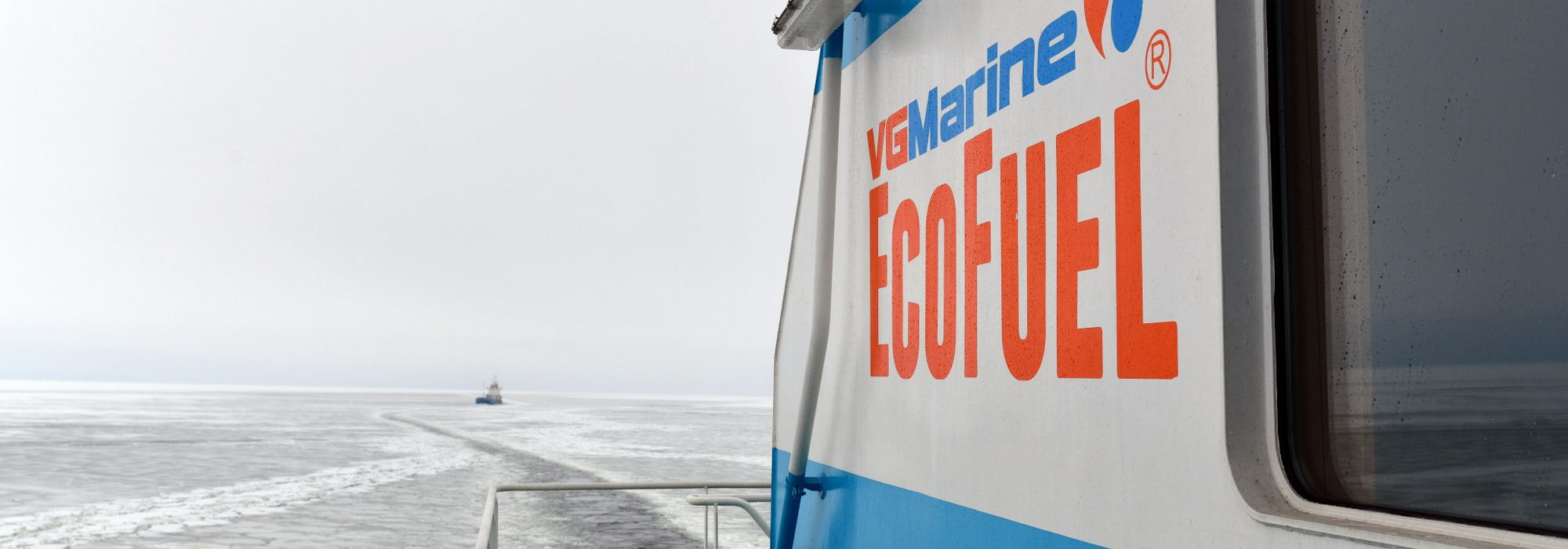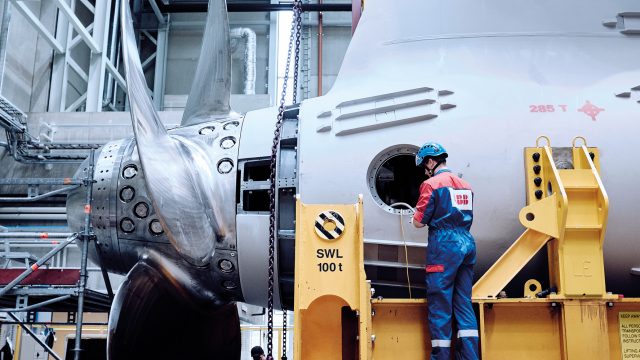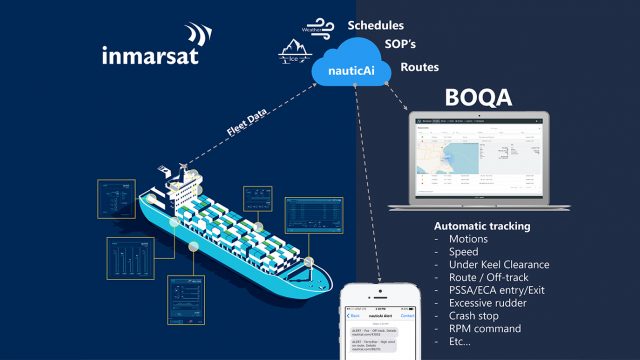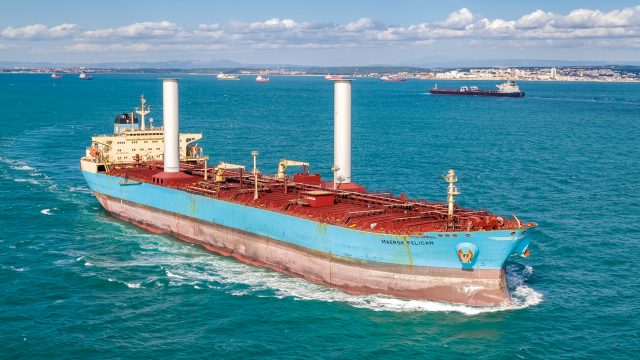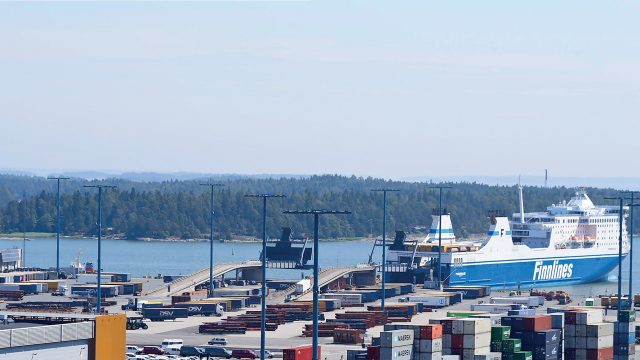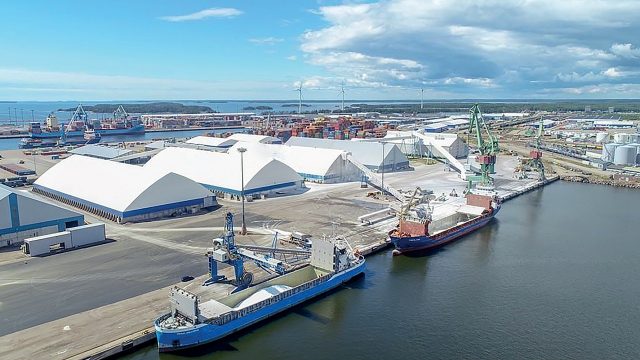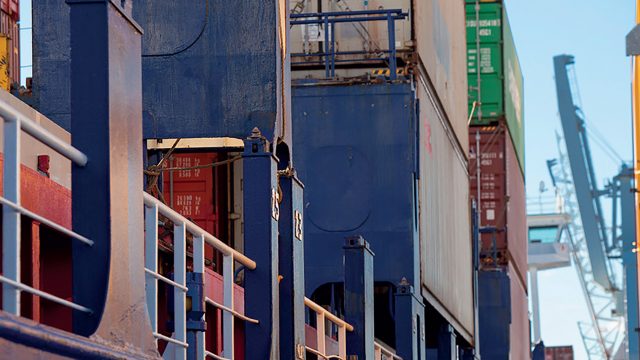The company operates mainly on two segments; industrial bulk and demanding project cargos, the principal trading area being Northern Europe. What sets Meriaura apart from other players in the shipping industry, is that the company has been investing in carbon neutral future solutions already more than a decade before other shipping companies. The company is regularly using biofuel on it’s vessels and also produces the waste-based biofuel inside the group.
The story of biofuel powered vessels in Meriaura fleet dates back to 1992 when the first trial with biodiesel was carried out with tug boat ’Aura’. After a long break the next step was taken in 2010 when designing of the biofuel powered deck cargo carrier, ”Meri” started. Meri was the improved version of sister vessel ’Aura’, that was a new invention to replace tug and barge tandems in project cargo sea transports.
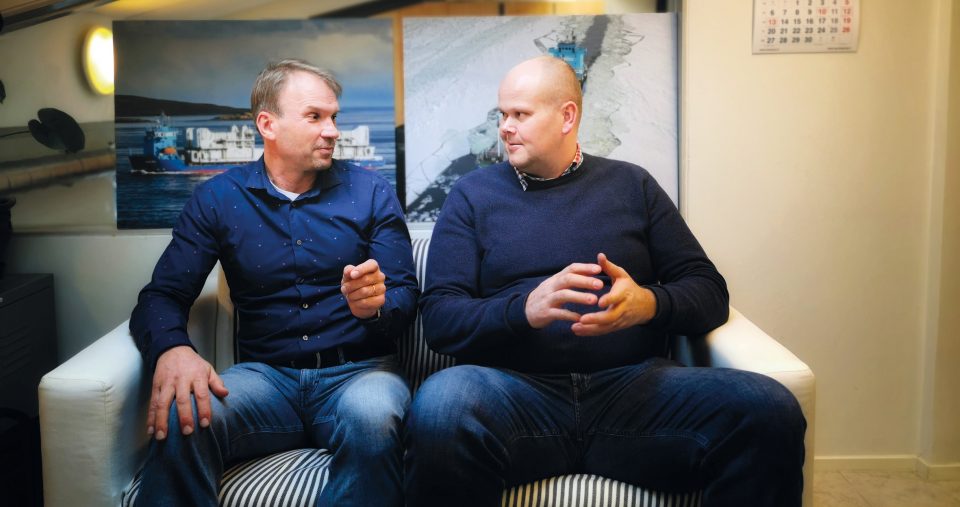
”For us it was already ten years ago clear that a newbuilding could no longer lean only on fossil fuels,” says Ville Koskinen, Managing Director of VG-Shipping, the Shipowning and management company in Meriaura Group.
The EcoCoaster dry cargo carriers Eeva VG and Mirva VG built in 2016 were improved versions of ’Meri’, in terms of using the bio oil.
”We are continously developing the product, ’VG Marine EcoFuel’, and also the technique in the vessels,” Koskinen continues.
Based on the biofuel powered EcoCoaster vessels, Meriaura introduced last year a new sea transport concept, Meriaura EcoVoy.
When using waste-based biofuel, transports’ lifecycle emissions are 92–96% lower than with fossil fuels. The biofuel that Meriaura uses, is also produced within the group. The commodities of VG Marine EcoFuel are completely derived from recycled materials and side streams, sourced in the Nordic Region.
Used cooking oils collected from restaurants are one main source of raw material.
The EcoVoy has convinced Meriaura that even the traditional shipping industry is slowly changing.
”Since the EcoCoasters came to the market we have regurlarly asked our customers would they be interested in a low emission transport. Last year we finally got the first green light from a customer that was willing to pay a small premium for the carbon neutrality,” tells Beppe Rosin, Managing Director of Meriaura. So far Meriaura has made a few EcoVoy contracts, but the interest for the new type of contract has been surprisingly extensive.
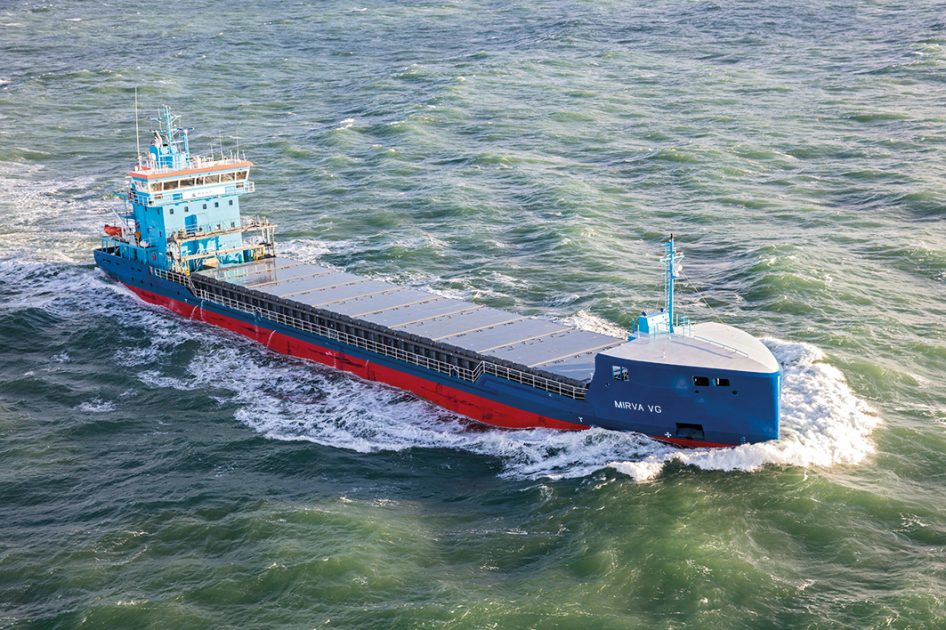
regurlarly using bio oil.
In order to achieve a remarkably lower total consumption, Meriaura’s EcoCoaster vessels were built with lower main engine power with a possibility to add electrically more power to meet the ice restrictions in northern waters during ice period, and then again to do the passage on open water with lower engine power. Koskinen questions the need of high ice classed, high engine power vessels in the future; ”As we have seen, the climate has already changed here in the North. Winter on the southern parts of Baltic Sea doesn’t mean anymore heavy ice and calm frosty days like before. Do we really need vessels of high engine power that continuously use more fuel the year around, if we might have a few weeks of a bit harder ice conditions? Good icebreaking capacity is what we need,” Koskinen adds.
Like the past winter has shown, there’s more rain and storms. This is a new challenge for the loading operations as well. Rain stops and longer port times cost money for the shipping companies.
”It seems that all the regulation is directed to the ships, which in some cases is not the most efficient solution for the environment as many things could be improved in a more efficient way ashore. A good example are the washing waters of holds, that are strictly regulated, but no one seems to care how much of the same product ends up to the seas from ports and loading operations. The chain should be viewed as a whole,” Koskinen continues.
Besides the EcoVoy concept VG-Shipping launched a zero waste-project in 2019 also on the older fleet. The purpose is to decrase the amount of all waste generated onboard, and stop all emissions to sea. Still today all ports are not capable to receive for example waste waters and sewage from ships like the no special fee-system requires, so they are released into the sea. This is very harmful for especially the Baltic Sea that is overloaded with nutrients.
”Thanks to our hard work within the zero-waste project, the lack of reception capacity has raised discussion, and that has already lead to improved waste reception facilities in some ports. We still need change in terms of attitudes and old established practices. We hope that other shipping companies can follow our example,” says Koskinen.
The zero waste-project will go through every aspect onboard, also the meals will be guided towards more sustainable and climate friendly options.
The enthusiasm behind the environmentalism and the company’s values is the main owner, Jussi Mälkiä and his ideas.
A family company has better possibilities to invest: ”We can look further than the outcome in the next quarterly report. We think all companies should look more into the report to be given after 10 years, or the one they will need to give for their children and future generations. The world is changing, and the companies who cannot keep up with the pace, will not survive,” says Koskinen.
It is usually thought in schools that the main purpose of a company is to make profit for the shareholders. ”I guess we make an exception, as our mission and main purpose is to develop the shipping industry to a more environmentally sustainable direction. Our next step will be 100% carbon neutral solution,” Rosin reveals.
Meriaura Group
• No. of employees: 200
• Fleet: 20 vessels + 7 under
VG-Shipping’s management
• Turn over 65milj.s

